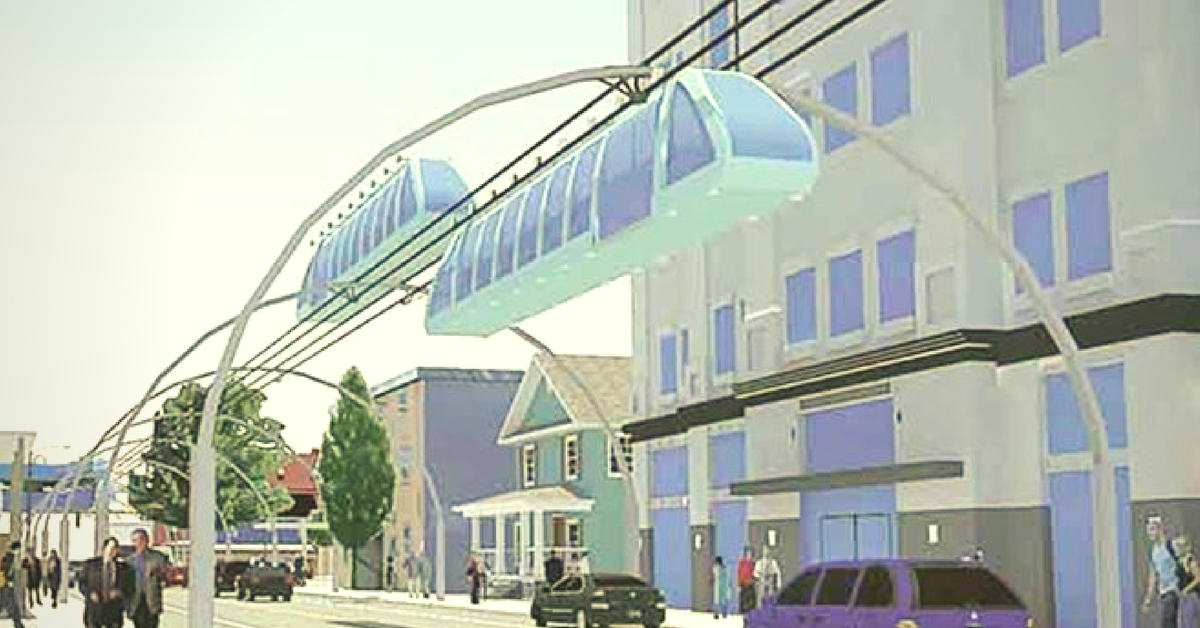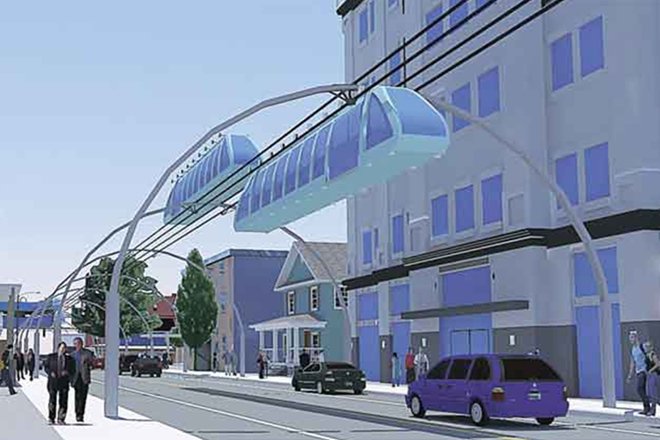Indian Railways Engineer Wins MIT Award for His Radical Caterpillar Train Idea
Ashwani Kumar Upadhyaya, a 47-year-old Indian Railways engineer, recently won an award for his innovative idea of developing caterpillar trains -- a network of lightweight, elevated train coaches that will run at speeds up to 100 km/hr.

Ashwani Kumar Upadhyaya, a 47-year-old Indian Railways engineer, recently won an award for his innovative idea of developing caterpillar trains — a network of lightweight, elevated train coaches that will run at speeds up to 100 km/hr and will take passengers even to the residential areas. Ashwani, who is a 1997-batch officer of the Indian Railway Traffic Service, is posted at the Centre for Railway Information Systems in New Delhi and is currently on a study leave as a PhD scholar in Massachusetts Institute of Technology, Boston. He won in a global competition on innovations that was organised by MIT and had about 500 entries. Ashwani came up with this idea with a fellow PhD scholar Emil Jacob.
The caterpillar train is named so because the idea is to install wheels both above and below the coaches. This way, they will be able to run on the tracks as well as hang from them. The tracks would be supported by poles bent to form arches.

The whole system will run on electricity and the coaches will also have a backup battery to be used in case of emergencies such as a power failure. Every coach will have the capacity to seat 20 people and their small size will help them reach residential areas too. The small size is also supposed to allow trains to be vertically stacked at the depot.
The station for caterpillar trains will be a simple platform to be reached via elevators. A console on the train would allow passengers to pick stations. The most surprising thing about this radical urban transport system is that it would cost a fifteenth of the conventional metro rail system.
“Currently, all urban mass transit systems are developed on the hub-and-spoke concept — the transport system is the hub and users have to travel from various parts of the city and converge there to use it. But the C-Train goes wherever there is at least a five-metre road,” Ashwani told The Indian Express. The competition, organised by MIT’s Centre for Collective Intelligence, offers a crowd-sourcing platform for people to create ideas and proposals on how the issue of climate change can be addressed.
Ashwani now plans to educate eminent academicians and town planners about the benefits of the C-Train at an upcoming conference to be organised by MIT in September.
Like this story? Or have something to share? Write to us: [email protected], or connect with us on Facebook and Twitter (@thebetterindia).
This story made me
- 97
- 121
- 89
- 167
Tell Us More
We bring stories straight from the heart of India, to inspire millions and create a wave of impact. Our positive movement is growing bigger everyday, and we would love for you to join it.
Please contribute whatever you can, every little penny helps our team in bringing you more stories that support dreams and spread hope.


















